The Franco-Prussian War or Franco-German War, often referred to in France as the War of 1870, was a conflict between the Second French Empire (later the Third French Republic) and the North German Confederation led by the Kingdom of Prussia.
Lasting from July 19, 1870 to January 28, 1871, the conflict was caused primarily by France’s determination to restore its dominant position in continental Europe, which it had lost following Prussia’s crushing victory over Austria in 1866. According to some historians, Prussian chancellor Otto von Bismarck deliberately provoked the French into declaring war on Prussia in order to draw four independent southern German states—Baden, Württemberg, Bavaria and Hesse-Darmstadt—to join the North German Confederation; other historians contend that Bismarck exploited the circumstances as they unfolded. None, however, dispute that Bismarck likely recognized the potential for new German alliances, given the situation as a whole.
France mobilized its army on July 15, 1870, leading the North German Confederation to respond with its own mobilization later that day. On July 16, 1870, the French parliament voted to declare war on Prussia; France invaded German territory on August 2. The German coalition mobilized its troops much more effectively than the French and invaded northeastern France on August 4. German forces were superior in numbers, training, and leadership and made more effective use of modern technology, particularly railways and artillery.
A series of swift Prussian and German victories in eastern France, culminating in the siege of Metz and the Battle of Sedan, saw French Emperor Napoleon III captured and the army of the Second Empire decisively defeated; the Government of National Defence declared the Third French Republic in Paris on 4 September and continued the war for another five months. German forces fought and defeated new French armies in northern France, besieging the capital of Paris for over four months, before it fell on January 28, 1871, effectively ending the war.
In the waning days of the war, with German victory all but assured, the German states proclaimed their union as the German Empire under the Prussian king Wilhelm I and Chancellor Bismarck; with the sole exception of Austria, the vast majority of Germans were united under a nation-state for the first time in history. Following an armistice with France, the Treaty of Frankfurt was signed on May 10, 1871, giving Germany billions of francs in war indemnity, as well as most of Alsace and parts of Lorraine, which became the Imperial Territory of Alsace-Lorraine (Reichsland Elsaß-Lothringen).
The war had a lasting impact on Europe. It significantly altered the balance of power by hastening the process of German unification, creating a powerful new state on the continent. Bismarck maintained great authority in international affairs for two decades, developing a reputation for adept and pragmatic diplomacy that raised Germany’s global stature and influence. In France, it brought a final end to imperial rule and began the first lasting republican government. Resentment over France’s defeat triggered a revolutionary uprising called the Paris Commune, which managed to seize and hold power for two months before its bloody suppression; the event would influence the politics and policies of the Third Republic.
French determination to regain Alsace-Lorraine and fear of another Franco-German war, along with British apprehension about the shifting balance of power towards Germany, were among the factors that caused World War I.


















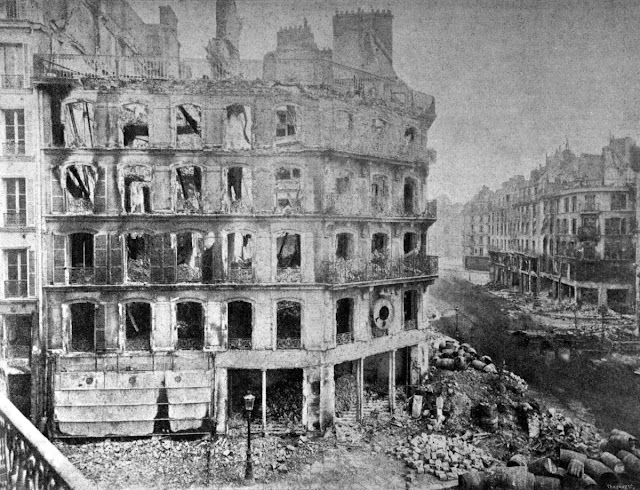







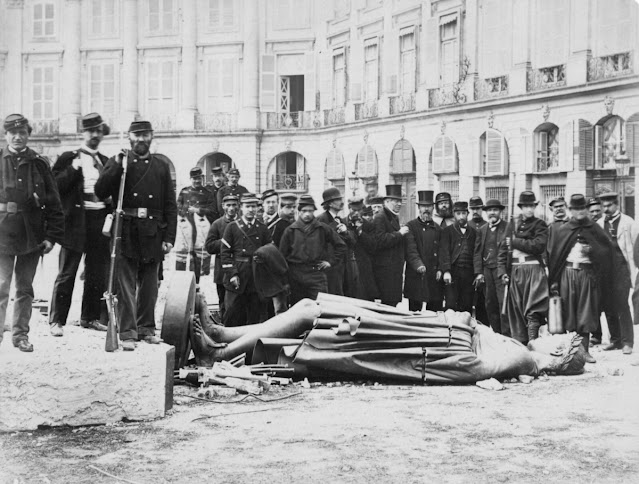


















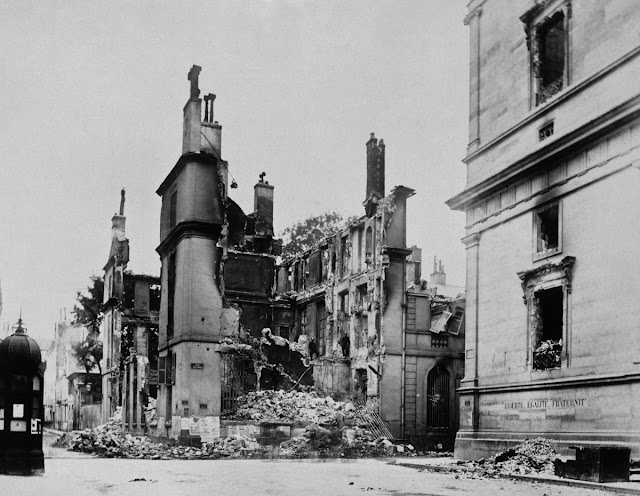
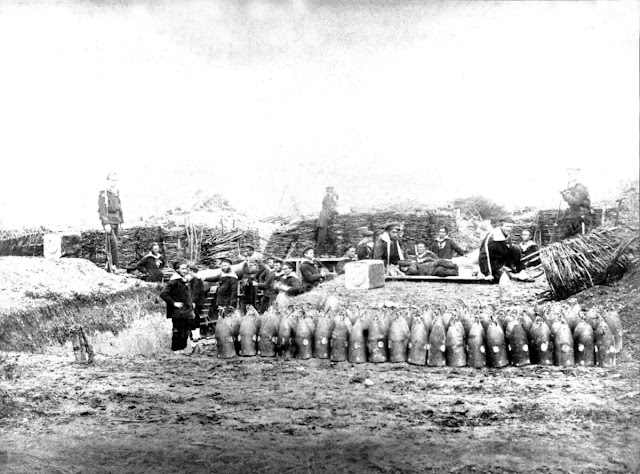






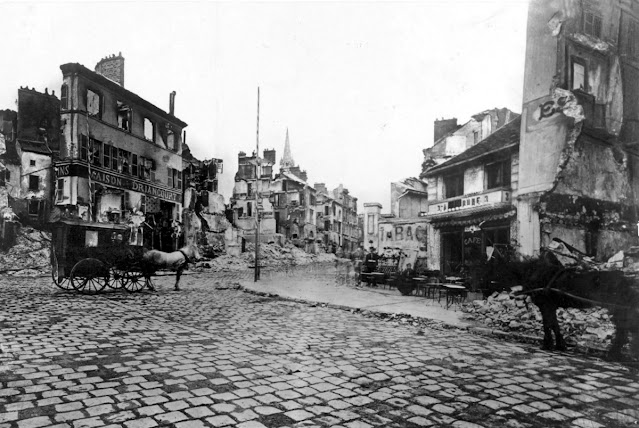









0 comments:
Post a Comment